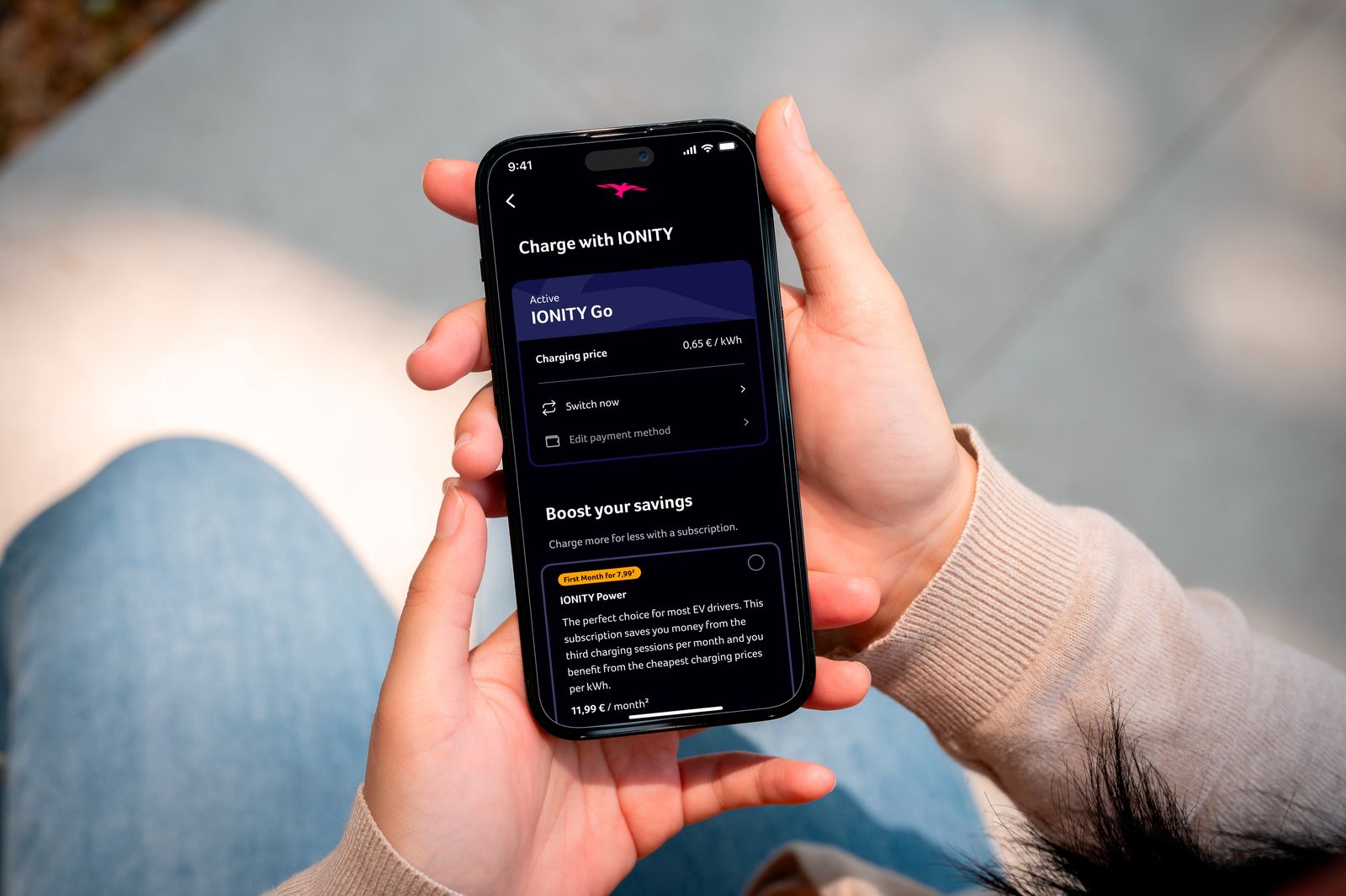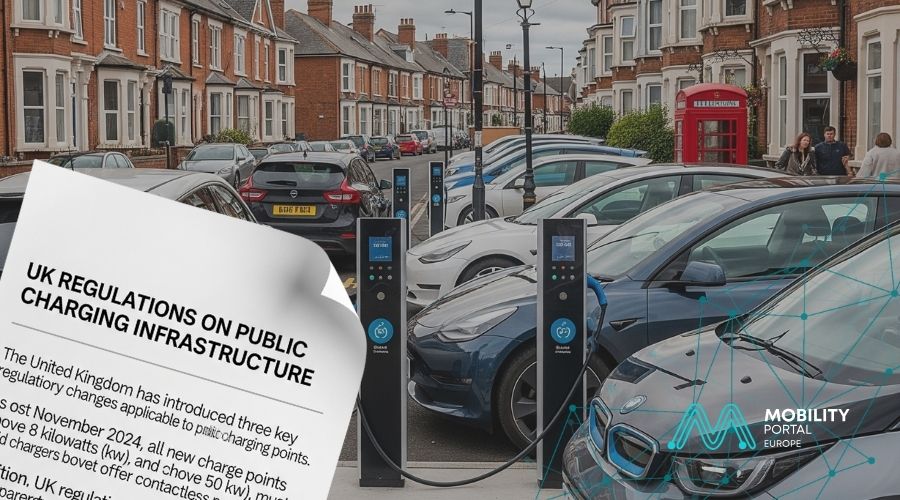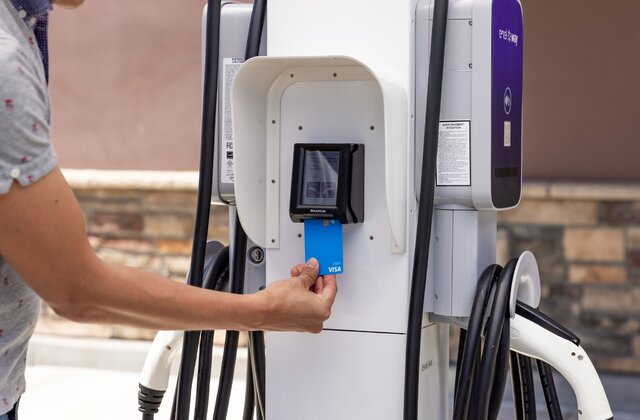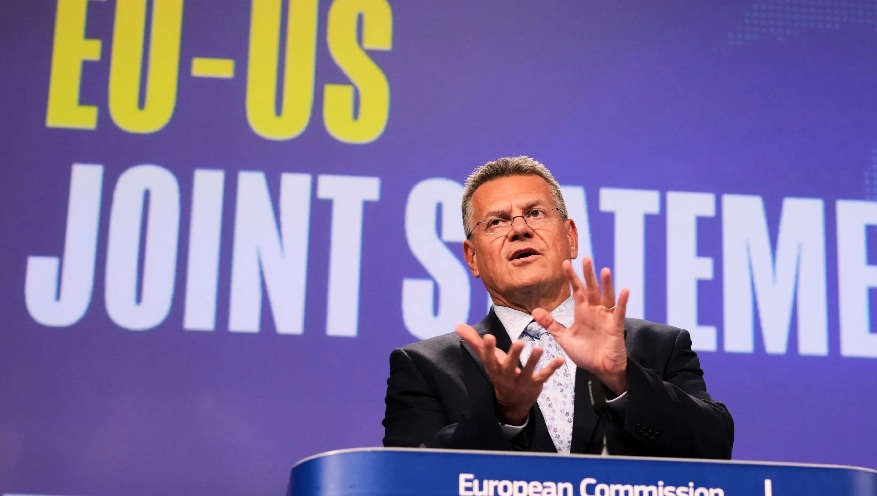IONITY Go allows users to charge at all 4,800 IONITY charge points with up to 400 kilowatts of power for just 0.71 GBP per kWh, with no subscription or monthly fees required.
Accessible only through the IONITY App, IONITY Go customers save money compared to the provider’s ad-hoc price.
The app itself has just enjoyed a revamp — including a complete user interface overhaul — set to launch in the coming days. It allows users to plan routes, find stations, track charging progress, and pay for charging sessions across 24 European countries.
Users start and end sessions directly from the app without interacting with the station.
After charging, customers can conveniently and transparently view all charging details directly in the app.
“Electric mobility must be effortless and centred on the customer. IONITY Go and the IONITY App empower drivers to charge on their terms – with simplicity, speed, and flexibility. It’s e-mobility done right,” says Jeroen van Tilburg, CEO of the firm.
About IONITY
The company builds and operates Europe’s leading ultra-fast charging network for electric vehicles (EVs), open to all brands.
With High Power Charging (HPC) of up to 400 kilowatts, IONITY recharges EVs within minutes — often faster than a coffee break.
Totalling over 700 high-quality charging stations and 4,800+ HPC points across 24 European countries, the network is supplied exclusively from 100% renewable sources, driving the transition to carbon-neutral travel.
Its pure 800V charging infrastructure, built to support both current and future electric carsa, positions IONITY at the forefront of e-mobility.
Founded in 2017, the company is a joint venture of BMW Group, Ford, Hyundai, Kia, Mercedes-Benz, Volkswagen Group (including Audi and Porsche), and BlackRock’s Climate Infrastructure Platform.

READ MORE
-
UK regulates chargers but users warn: “Rules are not keeping pace with EV purchase targets”
The UK has introduced three public charging regulations and a fourth is coming, but the e-mobility sector warns they are slow to implement and still exclude key user groups.
-
“Abuse of dominant position”: Italy fines Enel X €2 million
The AGCM found that Enel X was charging a wholesale price to competing EMSPs that was so high it made it impossible for them to compete profitably with Enel’s own retail prices offered to end-users on its app.
-
EU pushes to cut tariffs on US-made cars starting 1 August
Washington will take steps to reduce the current 27.5% U.S. tariffs on cars and car parts, a huge burden for European carmakers.










